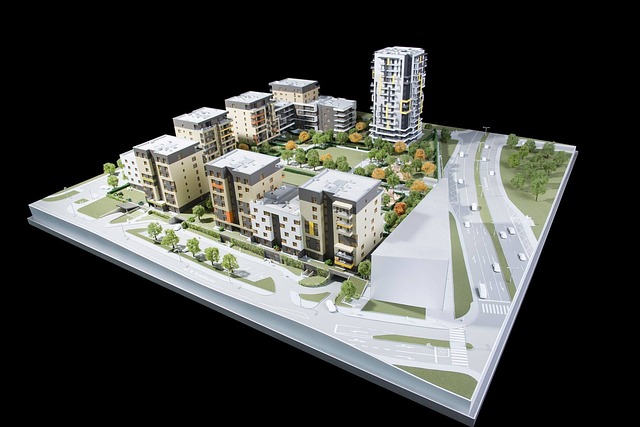Event Planning for Local Businesses thrives on understanding community needs and interests. Through resident engagement via surveys, focus groups, or conversations, organizers create events aligning with local priorities, fostering a sense of ownership and strengthening neighborhood ties. Analyzing demographics helps businesses cater to specific needs and align events with cultural celebrations, increasing participation and goodwill. Collaborating with community leaders and existing groups ensures events remain inclusive and relevant, enriching the local calendar for both business owners and residents.
Community outreach events are a powerful tool for local businesses to connect, engage, and grow. This article provides an in-depth guide on planning meaningful events that resonate with your target audience. From identifying community needs and interests through demographic research and engagement with local leaders, to developing captivating themes and implementing effective promotion strategies, we explore each step essential for successful event planning. Discover how these tactics can enhance your business’s presence and foster a stronger bond within the community.
- Identifying Community Needs and Interests
- – Researching local demographics and cultural events
- – Engaging with community leaders and existing groups
Identifying Community Needs and Interests

Identifying community needs and interests is a crucial step in successful event planning for local businesses. By engaging with residents, understanding their priorities, and listening to what matters to them, organizers can create events that resonate deeply with the target audience. This involves conducting surveys, hosting focus groups, or simply having one-on-one conversations to gauge enthusiasm for various topics—from cultural celebrations to educational workshops, sports tournaments, or health and wellness activities.
Such outreach efforts not only ensure relevant and appealing content but also foster a sense of community ownership. When local businesses collaborate with residents to plan events, it strengthens ties within the neighborhood, encourages participation, and promotes a shared vision for the area’s future. This collaborative approach enhances the overall impact and longevity of event initiatives, ultimately contributing to a vibrant and thriving local ecosystem.
– Researching local demographics and cultural events

When planning community outreach events, understanding your local demographics and cultural events is paramount for event planning for local businesses. By delving into these insights, businesses can tailor their initiatives to resonate with specific communities, fostering a sense of belonging and engagement. Researching population data helps identify key groups, such as age ranges, ethnic backgrounds, and economic statuses, ensuring the event caters to their interests and needs.
Furthermore, staying abreast of cultural events in the area allows businesses to align their outreach with local celebrations and traditions. This strategic approach not only enhances community goodwill but also draws larger crowds, making the event a success. Embracing diversity and cultural sensitivity in planning fosters an inclusive environment, encouraging participation from all segments of the population.
– Engaging with community leaders and existing groups

Engaging with community leaders and existing groups is a vital aspect of successful event planning for local businesses. By building strong relationships with these stakeholders, organizers can ensure their events align with the needs and interests of the community. This strategic approach fosters a sense of inclusivity and encourages greater participation from residents and local organizations.
Community leaders often have deep insights into what matters most to their neighborhoods. They can provide valuable feedback on event themes, formats, and potential impacts. Furthermore, partnering with established groups like neighborhood associations, religious congregations, or community centers amplifies reach and enhances the relevance of events. Such collaborations create a harmonious tapestry of activities that cater to diverse audiences, making each event a meaningful addition to the local calendar for both business owners and residents alike.
By understanding the unique needs and interests of their communities, local businesses can transform event planning into a powerful tool for engagement. Through thorough research, collaboration with community leaders, and consideration of cultural events, businesses can create meaningful experiences that resonate with residents. This strategic approach to event planning fosters stronger connections between businesses and their local areas, ultimately contributing to a thriving and united community.
